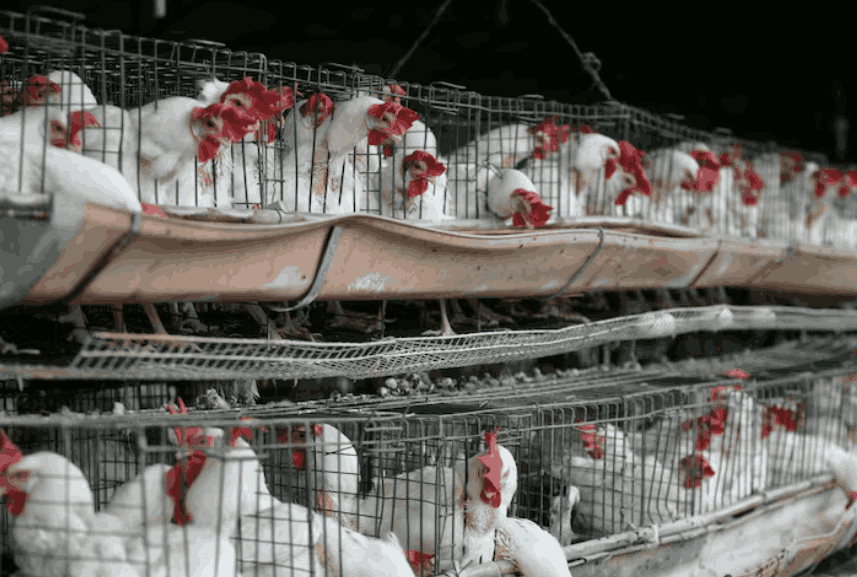Liberia reports H5N1 bird flu on poultry farm, WOAH says

The outbreak, detected in February on a farm in the Bong county, killed 18 birds out of a flock of 26,000, the Paris-based WOAH said, quoting information from Liberian authorities.
Liberia has reported an outbreak of highly pathogenic H5N1 avian influenza on a poultry farm, the World Organisation for Animal Health said on Friday.
The disease, commonly called bird flu, has spread around the globe in the past years, leading to the culling of hundreds of millions of poultry.
More To Read
- Liberian President Joseph Boakai suspends over 450 officials over failure to declare assets
- Former Liberia warlord Prince Johnson dies at 72
- Forty-seven inmates escape from Liberian prison
- Djibouti crash out of AFCON 2025 Qualifiers after loss to Liberia
- Over 40 feared dead after Liberia tanker crash
- Two killed, 20 injured as car rams into supporters of Liberian President-elect Boakai
The outbreak, detected in February on a farm in the Bong county, killed 18 birds out of a flock of 26,000, the Paris-based WOAH said, quoting information from Liberian authorities.
Some 25,800 poultry in the Western African flock were vaccinated, the report also said, without specifying when vaccination occurred.
Bird flu, also known as avian influenza, is caused by viruses that primarily infect birds. However, certain strains—like H5N1, H7N9, and H5N6—have occasionally infected humans.
How do humans get bird flu?
Direct contact with infected birds (alive or dead)
Touching surfaces contaminated with the virus (like bird droppings or cages)
Inhaling droplets from infected birds
Handling or eating undercooked poultry or eggs (rare, but a potential risk)
Can it spread from human to human?
It rarely spreads between humans. When it does, the spread is usually limited and not sustained.
Symptoms in humans:
Fever, cough, sore throat
Muscle aches
Breathing difficulties
In severe cases: pneumonia, organ failure, and even death
How to stay safe:
Avoid contact with wild or sick poultry.
Cook poultry and eggs thoroughly.
Wash hands often, especially after handling birds or visiting live animal markets.
Follow public health advisories, especially during outbreaks.
Top Stories Today
- Ruto moves to end ‘hakuna dawa’ with Sh10bn boost to KEMSA
- Over 150 illegal fuel dens demolished in Nairobi’s Industrial Area
- Audit flags Sh44.8 billion mystery on eCitizen platform
- AG seeks to block Omtatah’s Sh4.6 trillion debt petition
- Education Ministry nullifies UoN leadership shake-up over legal breaches
- UN extends South Sudan peace mission for a year
- State unveils rescue plan for debt-ridden public universities
- CS Wahome slammed for skipping Senate committee seven times
- 12 killed in Nakuru black spot horror crash on Njoro-Elburgon road
- Kenya’s child welfare crisis: Trafficking surges as support declines
- Court to rule on DCJ Mwilu’s powers in Gachagua impeachment case
- Kenya, UAE seal new deals to boost trade, security ties
- Ndemo declines UoN VC appointment over procedural concerns
- We just want to survive: Traders urge tax, fuel reforms
- Pope Leo XIV hints at a papacy of peace and purpose
- From parties to polls: Ruto taps registrar Nderitu for IEBC role
- KRA revenue hits Sh2.1 trillion, boosted by tax reforms and digital drive
- Kenya’s health budget to rise by Sh14 billion
- Over 5,000 number plates ready for collection - NTSA
- Kasipul MP Were murder case: Suspects to their know fate on Friday















































